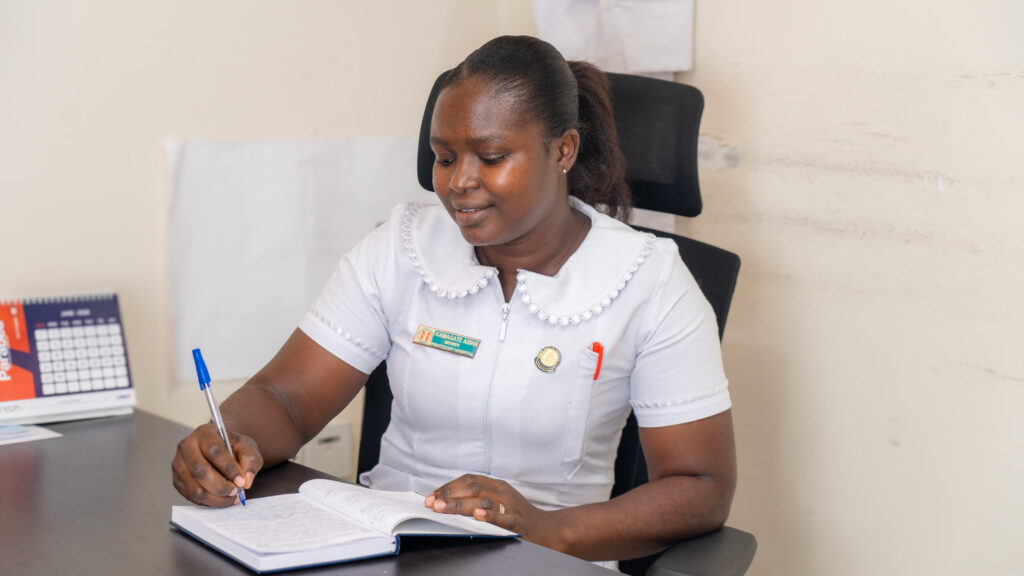Obstetric fistula, a severe birthing injury, continues to harm thousands of women, primarily in rural regions, owing to protracted labor and a lack of access to competent care. According to Aisha Kamagate, a Midwifery Officer at the Pentecost Hospital in Madina during an interview with the Health Community of West Africa Association, the condition occurs when the unborn child fails to pass through the pelvis, putting pressure on the blood vessels that supply vital organs, resulting in tissue death and the formation of an abnormal opening between the vagina, rectum, bladder or uterus.
Midwife Kamagate sheds light on this neglected issue, emphasizing that fistula is not an act of divine punishment but a consequence of obstructed labor. When a baby fails to pass through the birth canal, prolonged pressure cuts off blood supply to vital tissues, leading to necrosis and ultimately, fistula. The tragedy? Many cases could be prevented with proper antenatal care and timely medical intervention.
She pointed out that the signs and symptoms of obstetric fistula are distressing – constant uncontrollable leakage of fecal matter or urine from the vagina, vaginal odor, pain and isolation.
“Young girls under 18 face a higher risk because their pelvises are underdeveloped. Malnourished women and elderly women of short stature are also vulnerable. During antenatal visits, midwives assess whether a woman can deliver safely or if a Cesarean section (C-section) is needed. Yet, cultural beliefs and misinformation often stand in the way.” She stated.
Some husbands forbid their wives from seeking professional care, opting instead for traditional remedies. Others, influenced by religious misconceptions, refuse life-saving interventions.
She recalls a harrowing case where a young woman in obstructed labor refused a C-section because a pastor had warned her it would kill her. Thankfully, a doctor who was also a clergyman intervened, convincing her to accept the surgery.
Beyond physical suffering, fistula carries a heavy social stigma. Many women are shunned, accused of being unclean or cursed. Between 2011 and 2013, over 1,300 cases were reported in one region alone, with nearly 200 new cases emerging yearly—mostly in rural areas where healthcare access is limited.
Treatment exists—surgical repair can restore dignity—but prevention is key. “We also engage the community in sensitization and education and advocate for traditional leaders to dispel harmful myths and families must understand that C-sections are not sinful but life-saving.” She said.
As Midwife Kamagate puts it, “No woman should suffer in silence. Fistula is not a punishment—it’s a medical condition we can and must prevent.”




